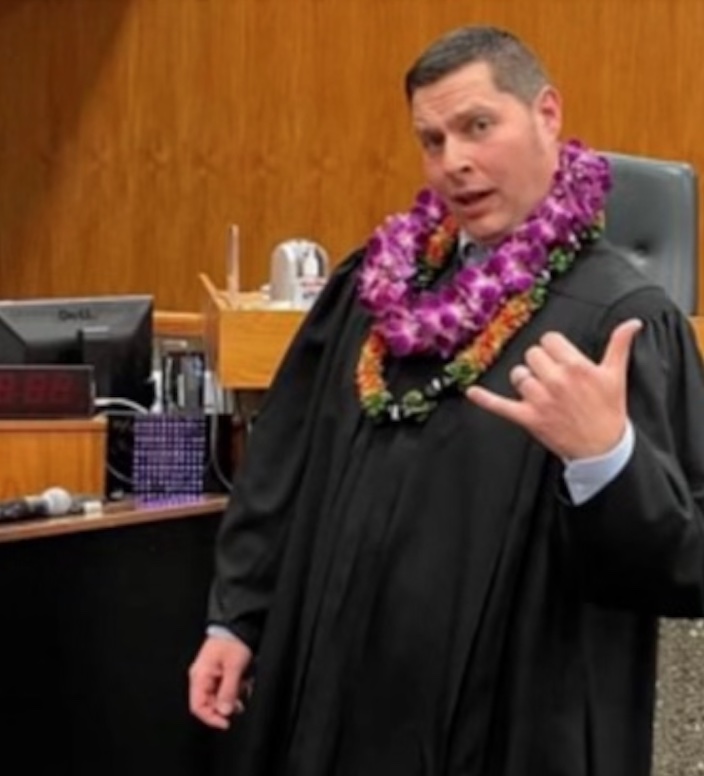By TJ MARTINELL | THE CENTER SQUARE
Washington state aims to have fast-charging electric vehicle ports every 50 miles across the entire span of its 2,633-mile road system, and 3 million total in both public and private charging ports.
However, these efforts to electrify the state’s transportation sector could be undermined by copper wire thefts that have already hit newly-installed charging stations in various locations, leaving the chargers unusable and costing taxpayers.
It’s a problem already noted by the Washington State Department of Transportation. According to the state agency, total wire theft on their properties has cost taxpayers $1.5 million since 2021.
“Drivers and taxpayers are the ones being ultimately harmed by these crimes,” a WSDOT webpage states. “Unlike private companies or members of the public who may be insured by commercial insurance companies, WSDOT is self-insured. Since there is no insurance company with which to file a claim, WSDOT losses are paid by taxpayers.”
Metal thefts isn’t a recent phenomenon. It was a big enough problem in 2007 for the Legislature to enact Senate Bill 5312, which increased penalties for those found guilty of stealing metals.
In a May 2023 WSDOT blog post, Sean Quin, social media lead for WSDOT’s Northwest Region, wrote that the agency is facing thefts like this on a daily basis.
“Not only is this theft costly to taxpayers, it also puts people at risk who have to make those repairs and the public loses critical infrastructure that helps traffic flow smoothly,” he wrote. “Despite the effort put forth by us and law enforcement, it’s no guarantee that our equipment will be protected from further damage or theft.
Copper wire thieves have also hit other public entities, including Seattle City Lights, which between March 2023-January 2024 had eight of its 13 stations subject to theft.
Puget Sound Energy has also experienced thefts. In March, a newly-unveiled $500,000 EV charging station in Sumner had wires stolen, making them unusable for EV drivers.
While the direct cost to taxpayers via WSDOT for metal thefts may not seem high, the thefts can cost the state in multiple ways. WSDOT also experiences metal thefts with its tolling operations, which cost them $440,000 in lost revenue annually. Additionally, the repairs every year are around $96,000. In five counties, WSDOT has invested $310,000 in security upgrades in the last biennium.
Although the 2007 state law upped the penalties for metal thieves, it’s still classified as “other” among crimes deemed “destruction/damage/vandalism offenses” in annual crime reports compiled by the Washington Association of Sheriffs and Police Chiefs.
However, as drivers transition more and more toward EVs and the state 2030 mandate banning sale of new fossil fuel vehicles takes effect, thefts of EV charging ports could have much greater implications for transportation infrastructure.
WSDOT says “it can often take several days if not weeks to make repairs to the infrastructure and replace the wiring due to delays in materials or availability of crews to go out and complete the work.”
While WSDOT says WSP “aggressively investigates these crimes as they risk public safety by disabling traffic signals and other devices,” WSP Captain Deion Glover wrote in an email to The Center Square that “many of these events occur in city or county areas, and the WSP does not track those crime rates.”
He added that although “WSP is always looking to reduce crime in all areas of the community … we do not have a specific plan to address copper wire theft at this specific time frame.”
The Center Square reached out to the state Electric Vehicle Coordinating Council’s co-chairs, but both were unavailable for comment.










